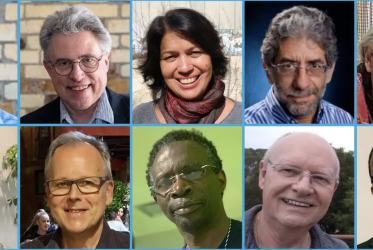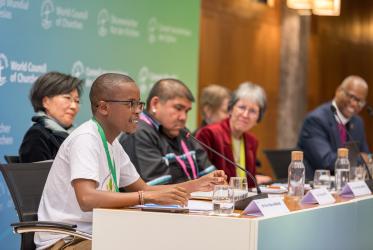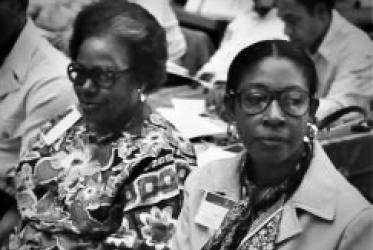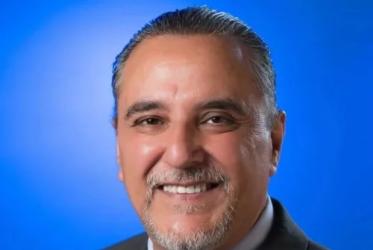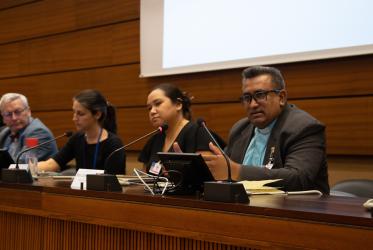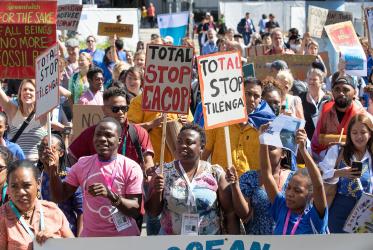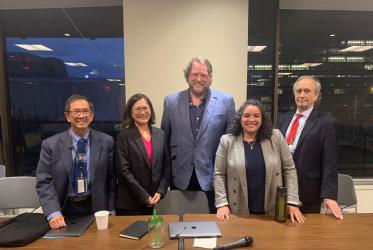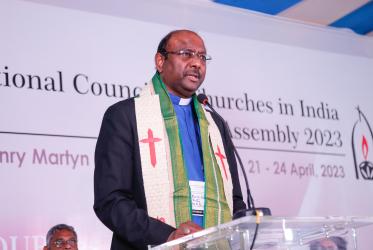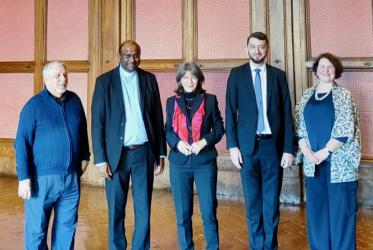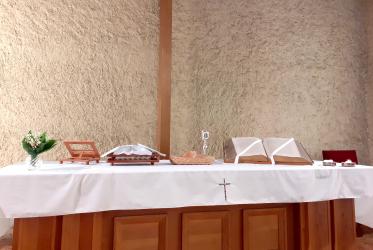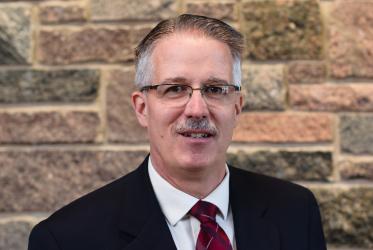Displaying 1 - 20 of 175
What can churches do to prevent modern slavery?
22 February 2024
Thirty days that changed the ecumenical movement
23 October 2023
WCC mourns the passing of Edgar Avitia Legarda
07 July 2023
WCC mourns the death of Julio de Santa Ana
20 April 2023
Churches respond to Malawi cyclone disaster
29 March 2023
